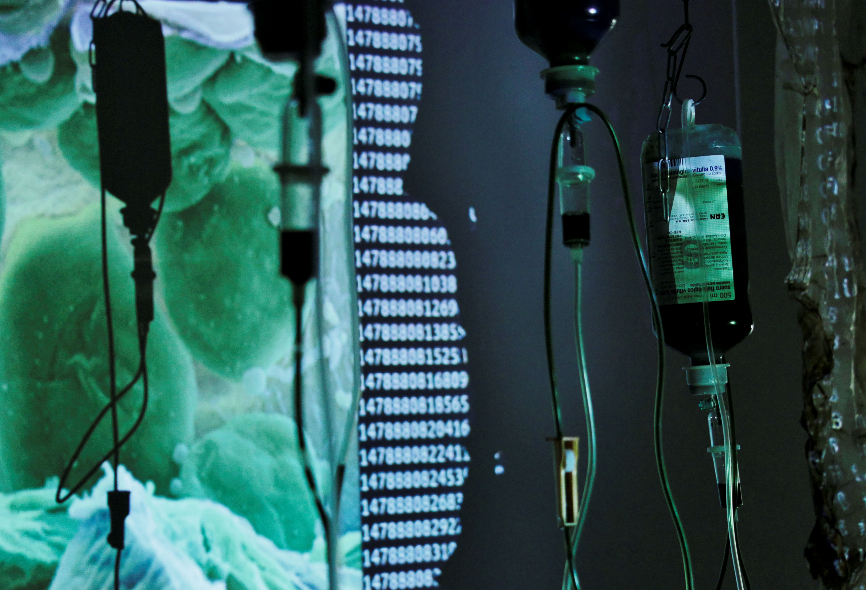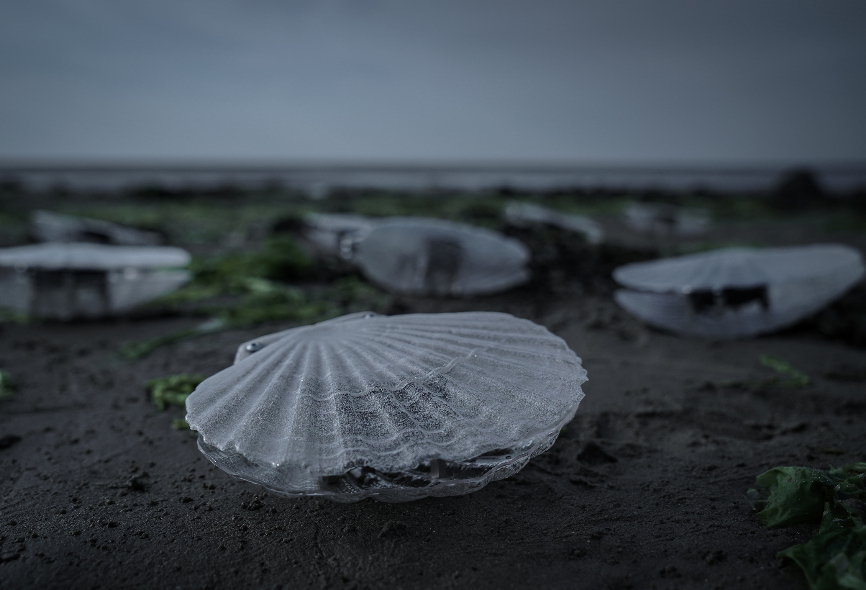You are aware of the consequences of climate change, regularly take on the streets for a fairer world, have witnessed the refugee crisis and see yourself as an activist rather than a passive participant in the world? Then we recommend that you visit the Ars Electronica Festival to take a look with us at the future of society and help it develop the way we want it to. We’ve put together the best tips for activists and those who want to become activists, so as not to lose sight of the essentials in our broad program.

What could an alternative to the “data capitalism” of the IT monopolists and the “data totalitarianism” of authoritarian regimes look like? Or to put it another way: Is there a way into the digital society that guarantees competitiveness and added value and at the same time is committed to European values? A large number of current EU projects and initiatives have set themselves the goal of integrating art, creativity and education more strongly into the development of technology in the future in order to develop new concepts and open up alternative options for action. The „European ARTificial Intelligence Lab“ initiated by Ars Electronica, for example, promotes a broad, critical discourse on AI-related scientific and technological issues. Ars Electronica is also involved in the „European Media Art Platform“, which annually awards production grants to artists throughout Europe, thus supporting their artistic research and making their results accessible to the public. A large exhibition of its own is dedicated to the STARTS Initiative of the EU Commission, which is supported by Ars Electronica and aims to promote synergies between art and technology in order to strengthen sustainable innovation in industry and society. The whole project is entitled “European Platform for Digital Humanism”.
We would especially like to recommend the Festival Sunday, which is entirely dedicated to this platform and the related topics. A conference with the same title will try to find a clear European approach to shaping our future and how to ensure that Artificial Intelligence is fair, inclusive and responsible. Workshops will round off the programme.
Two other conferences we would like to recommend to you are the Activate & Participate Panel in the context of the thematic conference on Friday with the journalists Amanda Cox, New York Times, and Marta Peirano as well as Lara Leik and Kathi Weissenböck for Fridays for Future.
On Saturday of the festival the ZusammenHelfen Conference will take place, a conference for all committed, interested and affected people in the field of refugee and integration. Under the motto “Day of Encouragement”, new perspectives will be presented, current developments will be discussed and challenges and successful projects will be highlighted.
“What does exploitation smell like?” This question stands at the beginning of the project LABOR, for which Paul Vanouse was awarded the Golden Nica in the Artificial Intelligence & Life Art category of the Prix Ars Electronica. His work can be seen as part of the CyberArts exhibition at the OK in the OÖ Kulturquartier and is definitely worth a visit not only because of this award-winning work. By the way, it is not only open until the end of the festival, but also until September 15.
Forensic Architecture is an independent research agency based at Goldsmiths, University of London. The interdisciplinary team of researchers consists of experts in architecture, science, art, film, software development, investigative journalism, archaeology and law. As a neutral research platform, they continuously research and analyse critical topics with their methods, such as the use of drones in war zones, environmental crimes in Indonesia or EU policy towards refugee ships in the Mediterranean. The results of their research are presented in political and legal forums, truth commissions, courts and human rights reports. On the homepage, videos and reports provide an overview of the methods they use as well as of the issues they have already addressed. Forensic Architecture was already represented at the Ars Electronica Festival in 2018, received a STARTS Prize 2019 honorary mention this year and is also part of the Citizen Lab in the new Ars Electronica Center.
The contents of the new Ars Electronica Center are also of interest to activists. The „Global Shift“exhibition, for example, shows the role neural networks play in the scientific exploration of our planet and how they contribute to meeting challenges such as climate change. The visit to the museum is also intended to give everyone a basic idea of what AI is and what its applications are capable of – a technology we won’t be able to avoid in the future.

Climate change and sustainability also play an important role at the CREATE YOUR WORLD Festival. For the Waste! project, for example, the future festival of the next generation cooperated with the Steyr municipal companies to deal with the topic of waste and the future of waste management. There will also be a Climate Shutdown on Festival Friday. When? Too late. Where? All over the world…

In this large exhibition on the festival’s theme, this time we humans find ourselves approaching our limits—and going beyond them. In the spectacular POSTCITY bunker, the exhibition „Human Limitations – Limited Humanity“ brings our current relationship with our environment into focus and poses the question of what social and ethical obligations may arise from it. “Human Limitations” deals with its subjects on an individual level, foregrounding the unending optimization of our bodies by means of microchip implants or the use of “gene scissors” and the questions these issues raise. “Limited Humanity,” on the other hand, deals with societal boundaries that have gained visibility on the heels of disputes over refugees, catastrophic climate change, and mass surveillance. And the exhibition shows that, for all these issues, technology is neither friend nor enemy but simply what we make of it.
Two interesting works on the subject of environment, which we would like to briefly present in the abundance of projects, are Clams and Trans*Plant. In nature, mussels are detectors for pollutants; they serve as tiny filter systems. Inspired by this natural phenomenon, Marco Barotti now presents his new work Clams, a kinetic sound installation triggered by water quality. Trans*Plant is a transdisciplinary project that uses living systems and is based on self-experimentation: It describes a process that involves a transition from human to plant in different forms.

The future stands in sharp focus at the „Ars Electronica Art Thinking School“, a new festival program that includes themed tours, workshops, and activities. The focus is on “Art Thinking”: how to learn it and how to use it in everyday life. One part of the new “Ars Electronica Art Thinking School” is the Future Innovators Summit (FIS), developed in collaboration with Hakuhodo, a leading Japanese communications agency; the summit brings together experts of all ages in the fields of art, design, science, technology, entrepreneurship, activism, and philosophy in order to discover new ways of brainstorming the crucial issues facing humanity and to conceive potential future scenarios.
This wasn’t enough and you are looking for more events and exhibitions? You can find the whole program on our website.
To learn more about Ars Electronica, follow us on Facebook, Twitter, Instagram et al., subscribe to our newsletter, and check us out online at https://ars.electronica.art/news/en/.
